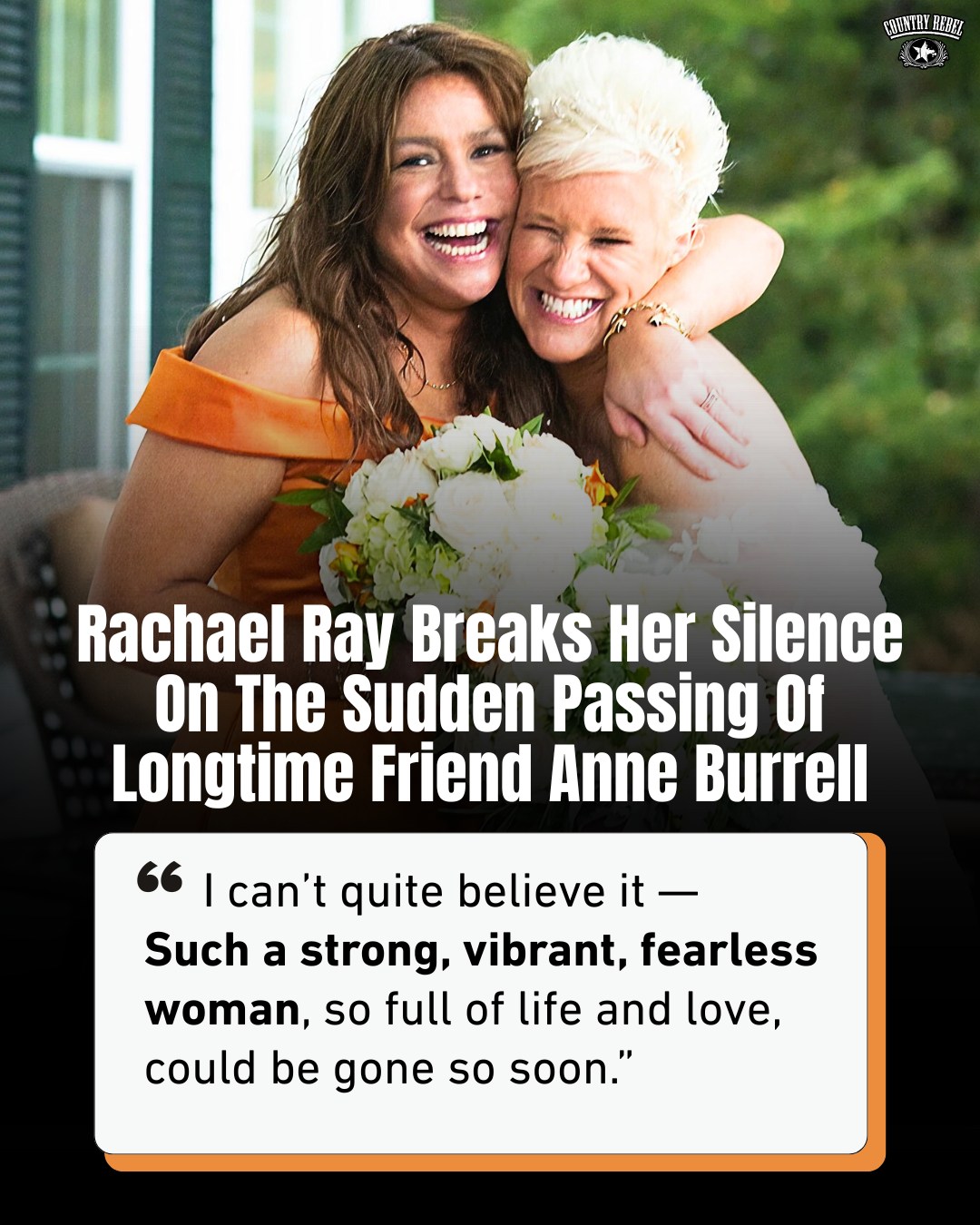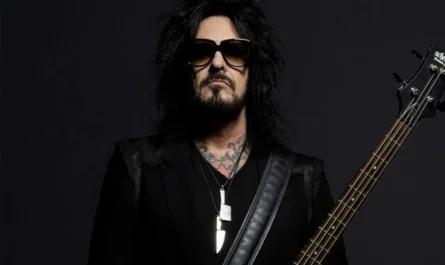Playing three hours onstage for the rest of their lives was never something that appealed to Green Day all that much.
As far back as their indie days, they wanted the opportunity to branch out and make new sounds that no one had heard before, but it was anyone’s guess as to whether or not the fans would actually like what they were hearing. That may have led to a bit of a wilderness period where they were working on any genre they could think of, but once it actually worked on American Idiot, they had the right to be freaky on almost anything they worked on.
The idea of a punk rock opera certainly wasn’t anything new by this point, but their political screed against the Bush administration was the first time the mainstream took notice. They had the same kind of energy that they had in the days of Dookie, but there was a certain size and scope to their music that was reminiscent of everyone from The Beatles to The Who to Bruce Springsteen in their delivery. So if it worked once, why not do the whole thing over again?
I know that sounds incredibly shallow, but it worked for The Who. Quadrophenia is one of the finest records the band ever made following Tommy, and while 21st Century Breakdown isn’t even close to that territory by any stretch, you can hear all the hours that they put into working on the record. Working with Butch Vig is never easy, but bringing in new ideas like piano-driven tracks was a decent way to switch things up.
Much of the record can tend to feel bloated at just under an hour, but even when broken up into its three acts, ‘Restless Heart Syndrome’ feels like a one-off compared to everything else in their discography. ‘Jesus of Suburbia’ and ‘Homecoming’ were both daring musical adventures from start to finish, but all of the bombast that they made for nine minutes on those songs is condensed into this five-minute piece.
In the context of the story, the protagonist Christian has reached his low point, and while ‘Wake Me Up When September Ends’ did a better job at capturing melancholy, this is unbridled anger. A lot of the songs Christian is featured in are all about the darker side of life, and despite starting off with Billie Joe Armstrong sounding worn out and weary, the true highlight of the tune comes with the guitar solo.
It’s far from the most technical solo in the world, but this feels like Armstrong unleashing raw anger on the spot in the same way that his heroes like Pete Townshend did back in the day. He may have had his own set of demons to work through, but by taking a look in the mirror on this tune, it’s far more refreshing to have a song where the character takes accountability for his actions rather than lashing out again.
American Idiot did have his operatic tendencies, but if that was channelling the feeling of Tommy, this feels more in line with what Roger Waters was doing on The Wall. The tune also does a much better job to paint the narrative of the album being an opera, even throwing in the harmonised guitar approach that would later turn up on ‘Horseshoes and Handgrenades’ and namechecking ‘Know Your Enemy’ right before the musical avalanche comes crumbling down.
However, this is the one case where Green Day managed to write a song that’s great almost to a fault. You’re not going to hear me say anything negative about a track like this, but for an album that also features more than a few uninspired moments, this feels like it should be on the theatrical record that they kept under wraps. The hardcore Green Day fans could appreciate the more punk-leaning songs, but if they had thrown caution to the wind and went in the same direction this song and ‘The Static Age’ were going in, we could have been looking at an album that could go to bat with rock and roll icons.





